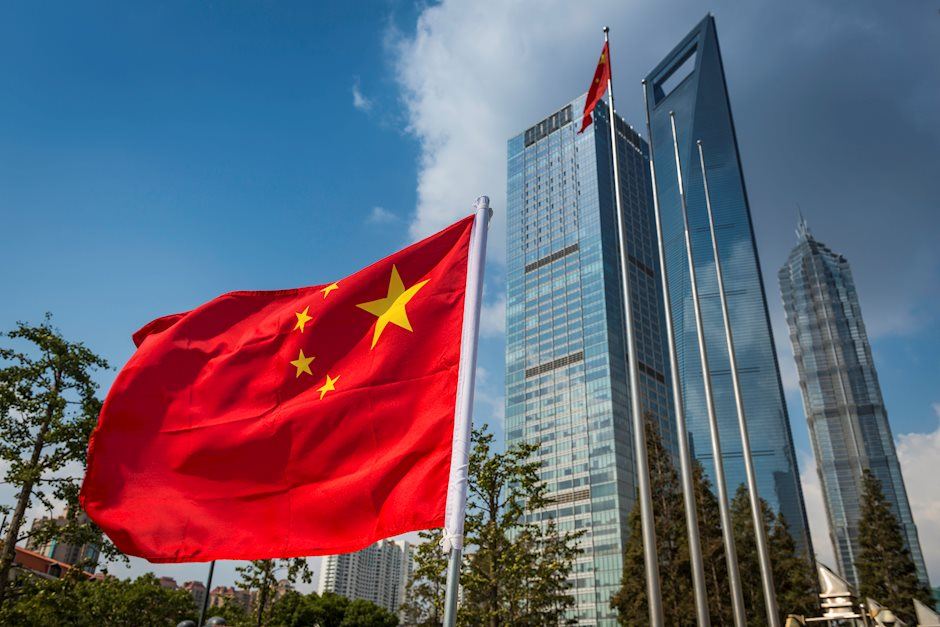Why is the US attempting to change China’s trade model? Three reasons to expect success

The trade dispute between the United States and China has roots that go back to Deng Xiaoping and the advent of capitalism with Chinese characteristics. When Beijing decided to save communism and party rule by adapting its economy to the modern world it did not thereby become a capitalist nation.
Over the past generation China has evolved an economic system that has aspects of private enterprise and aspects of central planning. It is a universe away from its Maoist predecessor. What has not changed is China’s authoritarian political model.
Beijing remains the source of all authority in the mainland. There are no independent centers of power, no legislature, judiciary or private organizations that can defy the government. In China the central government is the first and last resort.
For three decades and more China has set the rules for participation in her economy. The combination of corporate profits and access to its domestic market have made China the world’s first destination for overseas investment. Any foreign company that wanted to do business on the mainland paid the entry fee of acquiescence. Firms agreed to Beijing’s rules, willingly or otherwise, but they came.
China’s demands on foreign companies, majority ownership and technology access, long-term threats to the dominance of Western, Japanese and Taiwanese companies doing business there were outweighed by the competitive necessity and the potent short-term profitability of the relationship with mainland firms.
The economic trade of cheaper consumer and industrial goods at home for the manufacturing jobs shipped to China, was, until very recently not questioned by any major Western politician.
Over the last twenty years the US has lost 4.5 million manufacturing jobs. It is open to debate how many were transplanted to China and elsewhere and how many would have moved or been eliminated in the natural course of technological evolution.
What is not debatable is the social cost to the many communities in the United States whose economic livelihood disappeared.
Reuters
The political goal for Western nations has been to bring China into the global economic system with the hope that by joining its revolutionary interests would be tamed. That has largely succeeded. Though the Maoist dogma of communist expansion has been replaced by China's more traditional great power interest in Asian spheres of influence.
China joined the World Trade Organization in 2001 but the change in its domestic industrial policies was less than expected by many Western nations. Foreign countries and firms had access to WTO adjudication procedures for unfair trade practices but the several years needed for a final ruling made the results far less than satisfactory. In the interim China’s rules had full sway.
China’s trading and investment relationships with the world’s major industrialized nations were formed in the economic realities of 30 years ago. They have changed little. That the prerogatives taken by the Chinese and acceded to by her trading partners were largely in Beijing’s interest is testified by the spectacular growth of the Chinese economy and the concomitant rise in China’s global influence and power.
What should be obvious is that the world and China have changed.
China’s industries, supply chains and knowledge are the basis of many advanced industrial products. Beijing is pursuing dominance in several new technologies as government policy. Her industries no longer need the advantages secured by protectionist barriers and the requirement of local ownership is asked by no other major industrial nation.
The American attempt to change the terms of trade that provide numerous unrequited benefits to China is an effort of force. Tariffs are the tool because China has shown no disposition to end its many self-interested practices on its own or through negotiation.
"Nations have no permanent friends or allies, they only have permanent interests." Lord Palmerston’s famous statement of diplomatic reality is as accurate today as it was 150 years ago.
The US followed trade policies toward China that helped her achieve a rapid entry into the global economy for a generation because it was in the US interest that China not remain an isolated antagonist.
China will accede, however grudgingly, to American demands that she rebalance her trade relationship with the US and by default the rest of the world, because it is in her interest to do so.
By becoming part of the global economy China gave up her ability to exist outside of it. A permanent trade war with the US would, over time, force many firms and countries to choose between the US and China. That is not a competition China can win.
Author

Joseph Trevisani
FXStreet
Joseph Trevisani began his thirty-year career in the financial markets at Credit Suisse in New York and Singapore where he worked for 12 years as an interbank currency trader and trading desk manager.

















